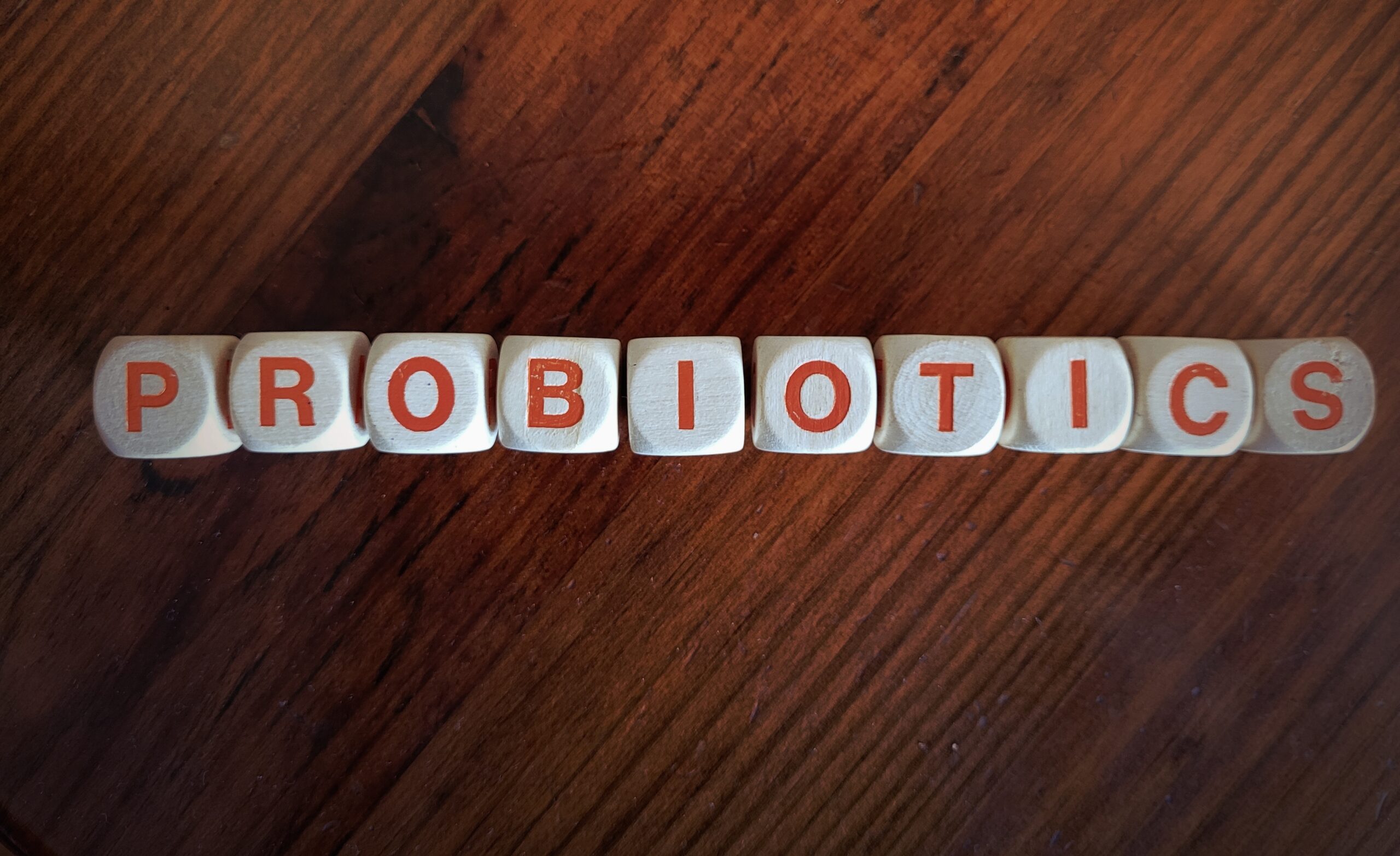Bacteria, viruses, fungi, microbes in general live inside our body. In particular the so called gut microbiota works as an organ itself. It is a precious resevoir of health if it works very good.
There are up to 10k species of bacteria in the human gut microbiota, and each of them plays a different role in our body. Most of them are extremely important for our health, while others may generate desease.
The research is very sensitive about these topics, so many subjects have been investigated in the last years. As the gut microbiome affects the body from birth and throughout life, by controlling the digestion of food, immune system, central nervous system and other bodily processes, an all-around view is needed.
Probiotics are defined as “live microorganisms” that, when administered in adequate amounts, confer a health benefit on the host”. The gut ecosystem is a determinant of health and a main target of probiotics administration. Altered dynamics in this process are associated with disease later in life, such as asthma, allergy, eczema, obesity, and susceptibility to infection. World Allergy Organization in 2015 established the guidelines supporting the probiotic consumption during pregnancy for the benefit for pregnant or breastfeeding women at high risk for having a child who develops allergies. In a recent meta-analysis, probiotic consumption during pregnancy and/or lactation was shown to be generally safe for pregnant mothers in terms of gastrointestinal symptoms, tachycardia, vaginal discharge, eczema, and headache. Interventions targeting the maternal microbiota, such as probiotics, may have the potential to program offspring health [1].

The topic of allergies is very interesting, as it is known the allergies are worldwide incresing. The cited study [1] highlight the recent developments observed on healthy women who have received probiotics from 36 weeks of gestation to 3 months of lactation showed a reduction in infant atopic dermatitis incidence. Further studies are needed to understand the mechanism that the correct probiotic mix can have on asthma or eczema, or even on food allergies.

Moreover interesting data are rising on probiotics administration effects on metabolic disorders and on offspring intestinal microbiota growth. Some studies revealed that probiotics have a positive effects on colic in early life, and they promote intestinal development and prevent inflammation expecially in females. Further analysis are needed because of the heterogeneity of data coming from both clinical trials and laboratory studies on animals.
[1] Maternal Intake of Probiotics to Program Offspring Health; Céline Cuinat, Sara E. Stinson, Wendy E. Ward, Elena M. Comelli – Current Nutrition Reports (August 2022)





